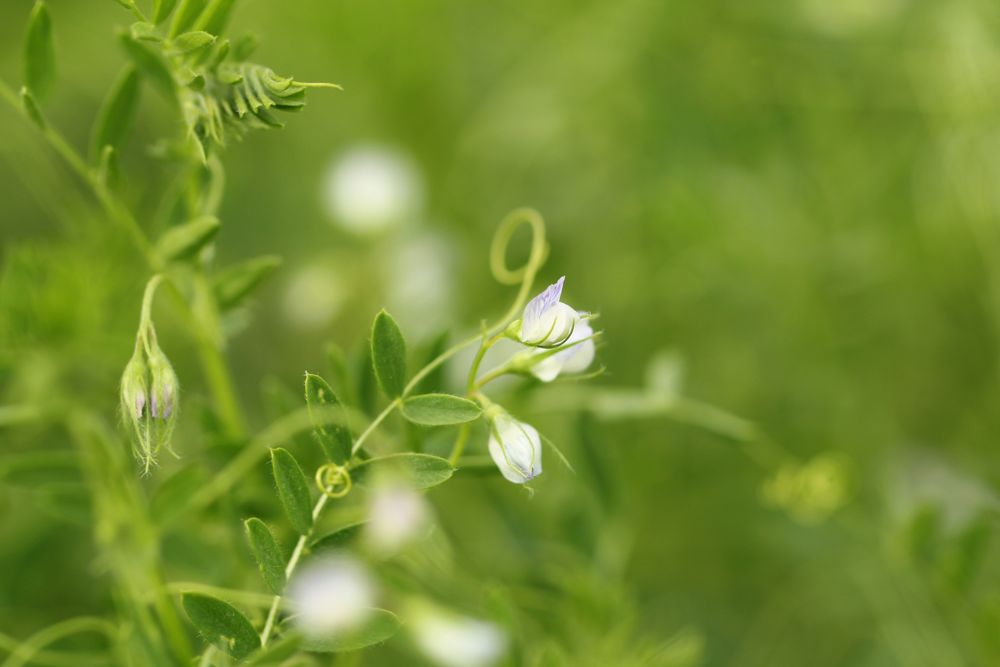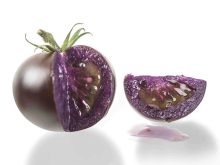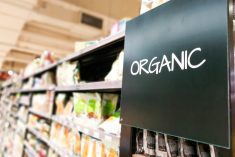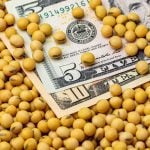Agrifood producers in British Columbia who promote their wares using the word “organic” will soon have to show certification to back up the claim.
The province on Thursday announced new regulations under its Food and Agricultural Products Classification Act that will allow for the term to be used “only if and when specific certification standards have been met.”
The Act, which the government passed in March, bans the use of a “false or misleading statement or device” in representing a food or farm product, and allows the province to require use of a particular grading, standards or certification program or of a “protected label,” to be named later via regulation.
Read Also

New Syngenta fungicide targets anthracnose, white mould, Ascochyta blight
Lentil growers in Canada have a new option for controlling three major disease threats to the crop.
First up under the new rules will be the word “organic.” Starting in September 2018, if an agrifood product is marketed as organic in B.C., it will have to come from a producer who has passed accreditation as organic, with a federal or provincial certification.
Beyond that time, uncertified producers who make an “organic” claim for their foods could be subject to penalties, including fines of $350, the province said.
Drawing out the transition period to September 2018 is meant to allow uncertified producers who want to continue to market products as “organic” to complete the certification process.
“When there is certainty behind the words used to describe and market B.C. foods, local consumers and businesses benefit alike,” provincial Agriculture Minister Norm Letnick said in a release.
“Consumers shopping for B.C. organic foods, for example, will have the confidence in knowing they are purchasing products that meet international certification standards and, likewise, B.C. companies selling organic products will be part of a trusted and respected brand.”
The new rule followed consultation with B.C. organic growers, of whom 80 per cent agreed there should be requirements attached to use of the term “organic,” the province said.
“It’s been really hard on consumers not knowing what’s going on in the marketplace — what organic means, and what’s certified organic. This will definitely reduce the murkiness in the waters around the word ‘organic’ in British Columbia,” Carmen Wakeling, co-president of the Certified Organic Associations of B.C., said in a separate release when the Act was introduced in February.
The new rules will allow the B.C. government to restrict use of other such words to promote or advertise foods, as such words “emerge in the marketplace,” the province said.
Regulations could also be developed to create new classifications to help define origins of B.C. products, such as geographic indications for B.C. wines, the province said. –– AGCanada.com Network















